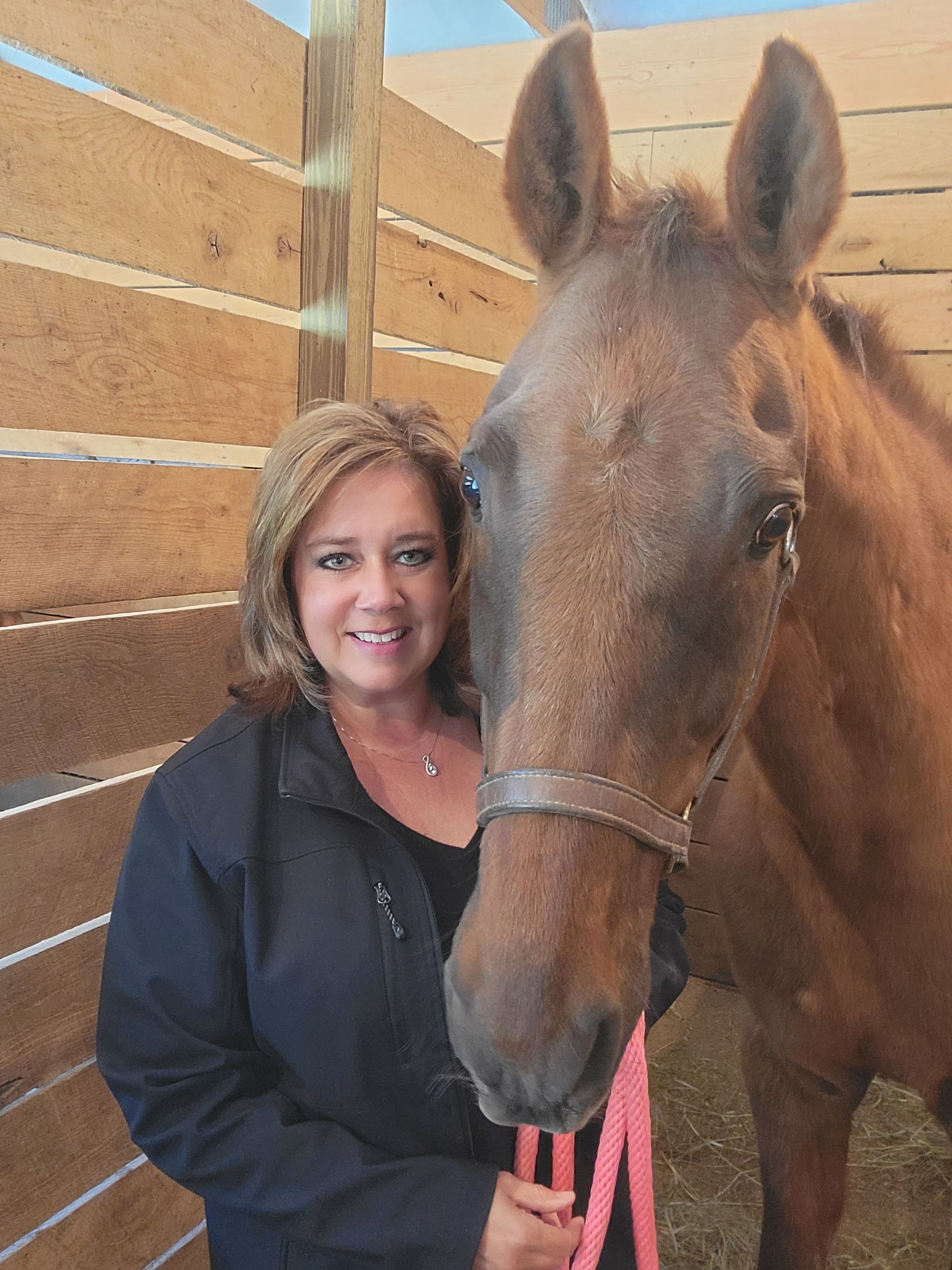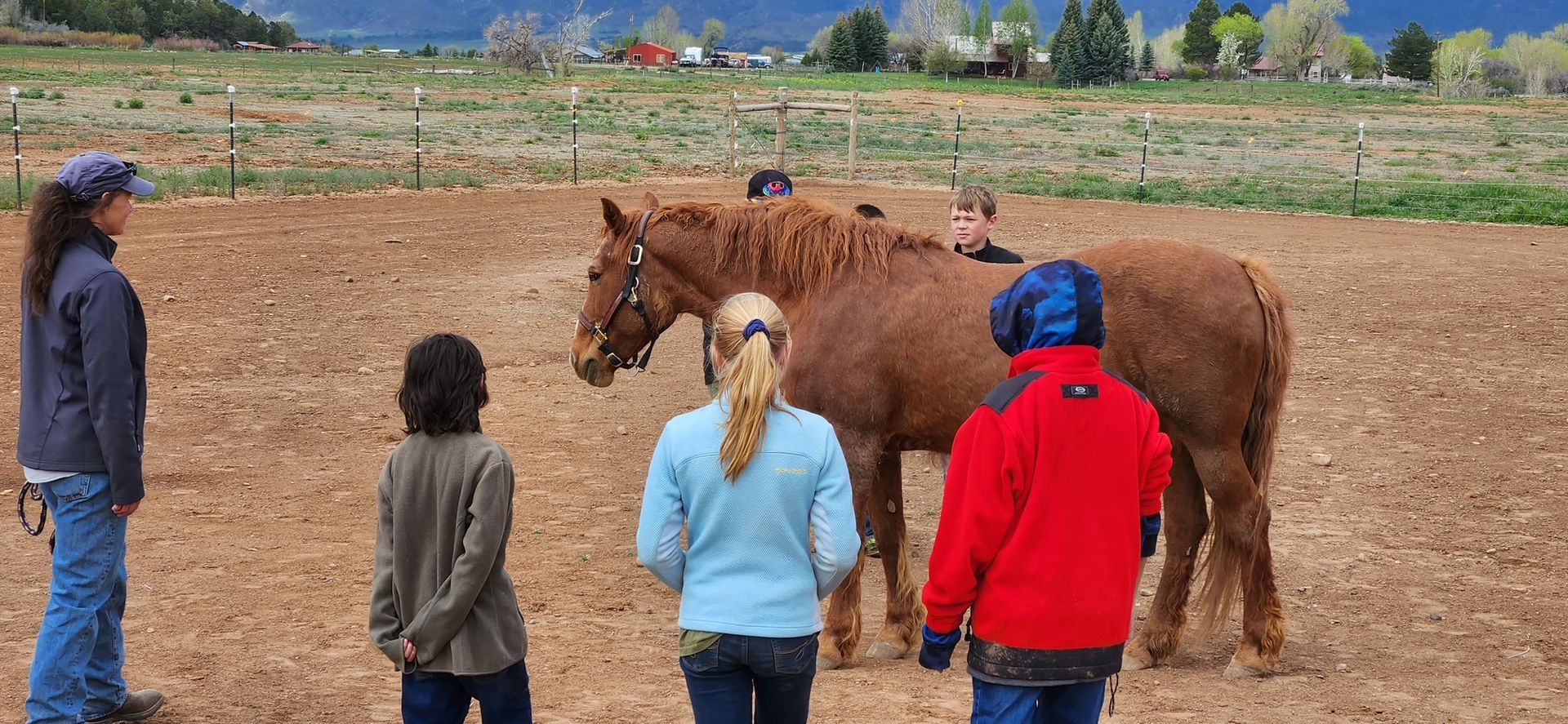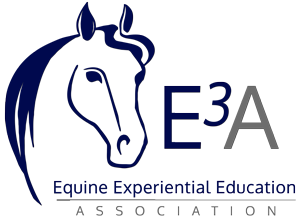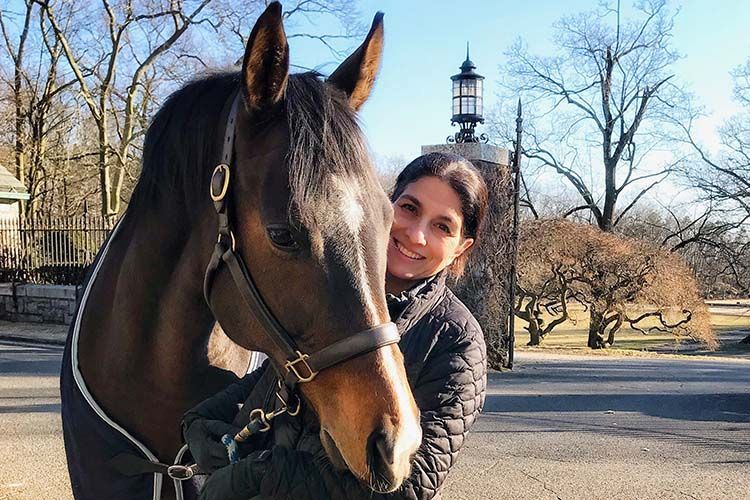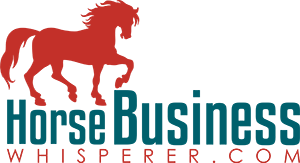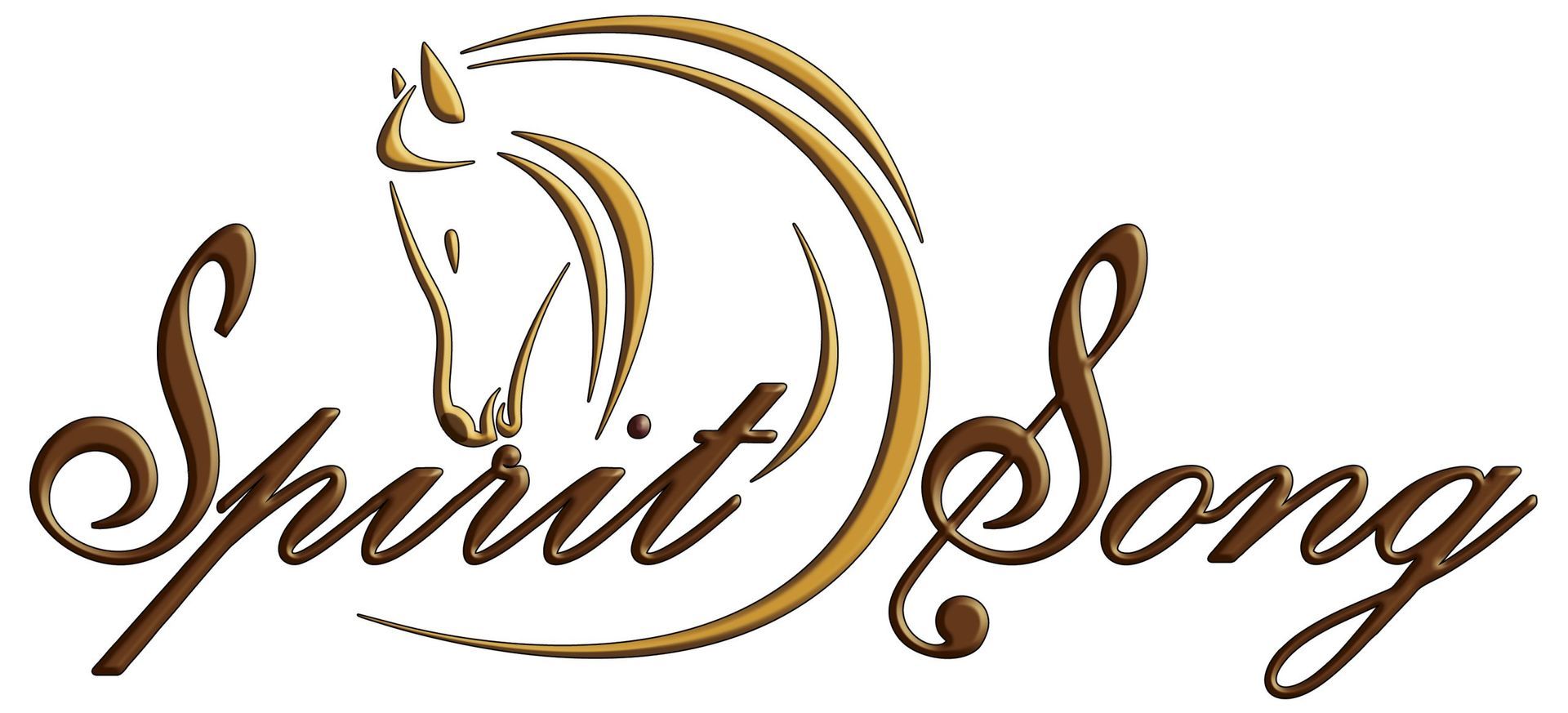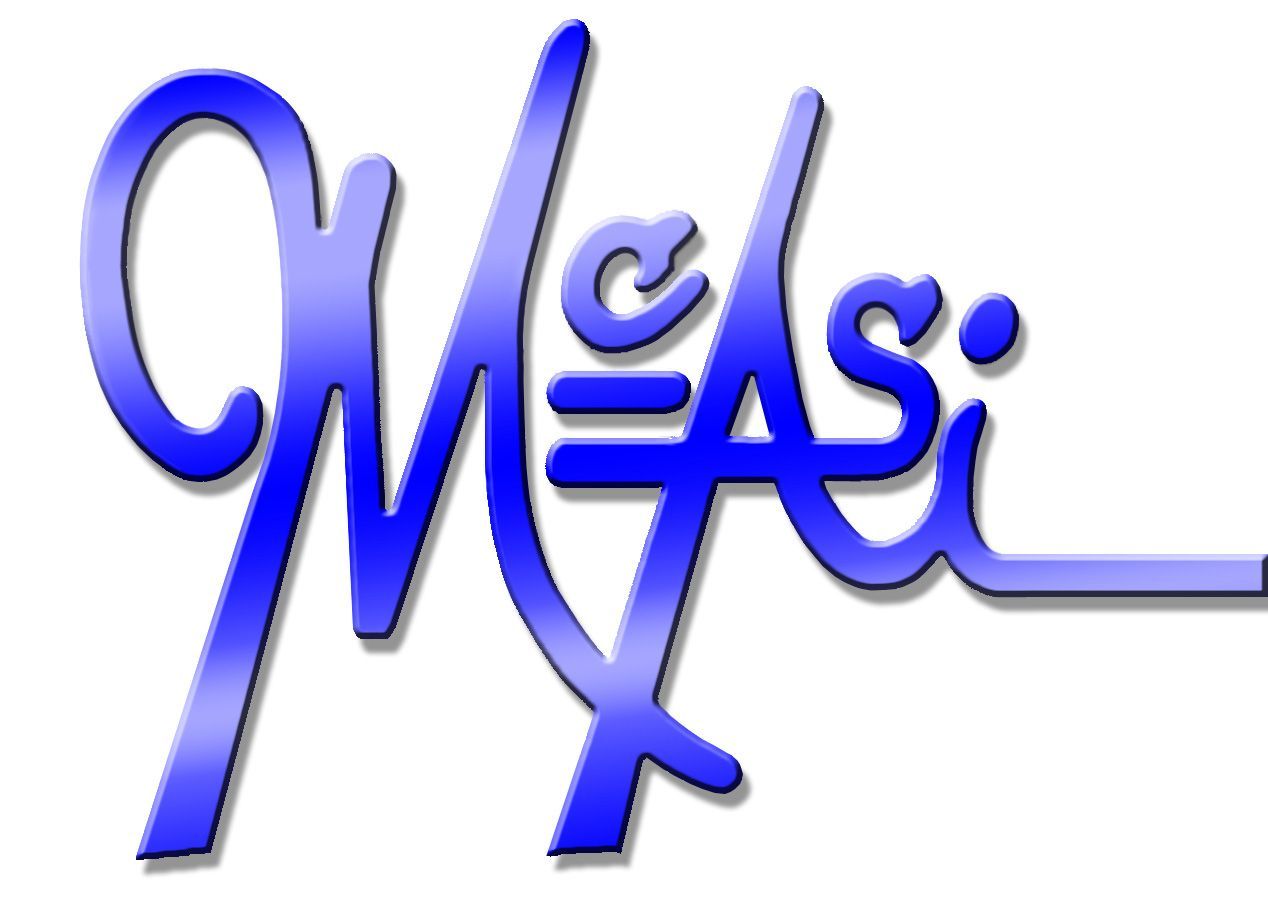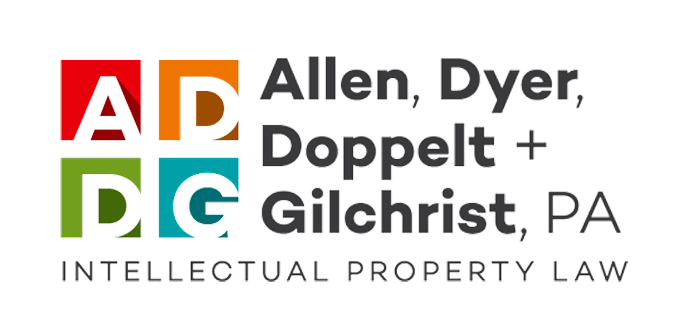What We Can Learn from a Horse’s Innate Way of Being
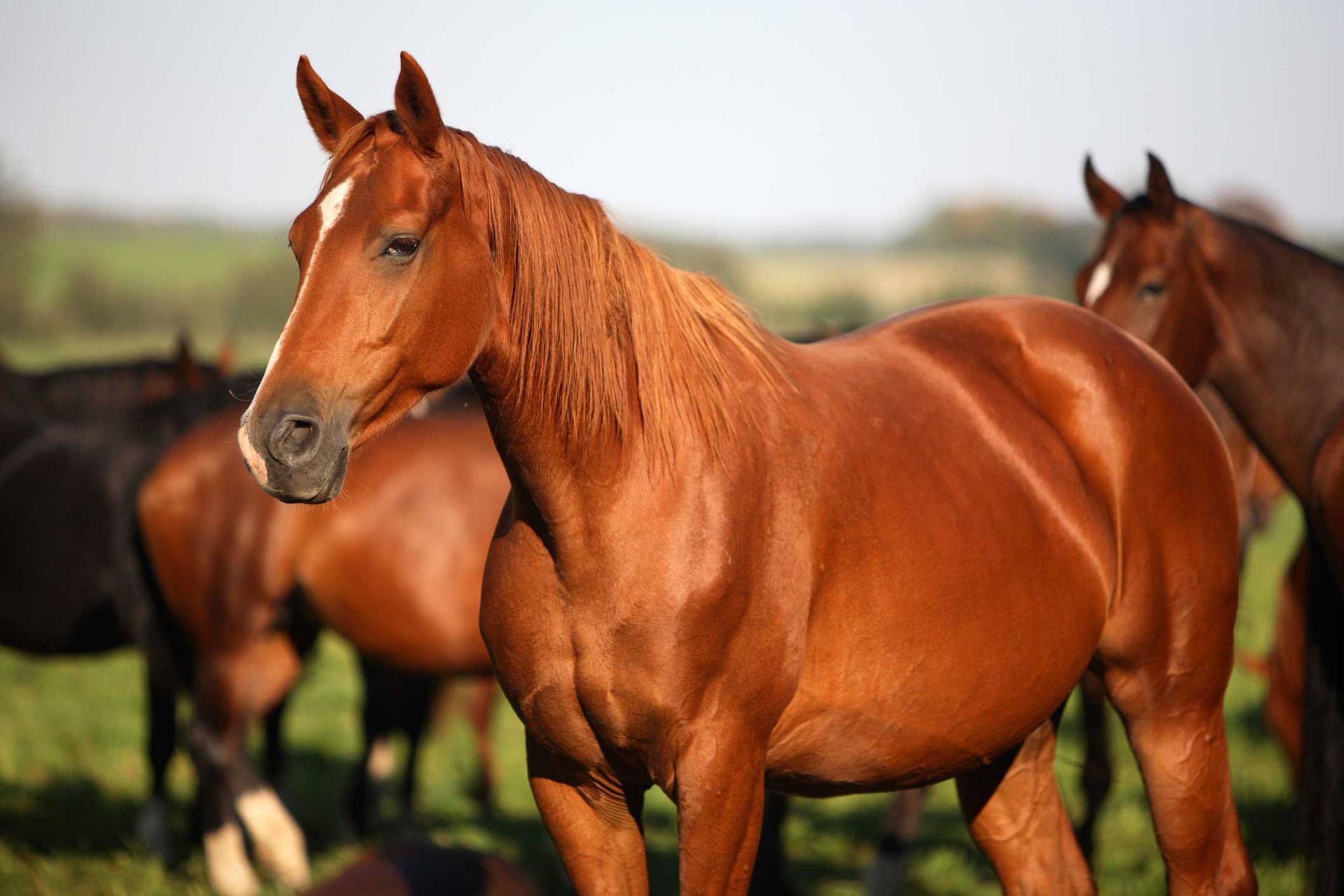
For hundreds of years, humans have believed in their supremacy over horses and worked hard to train them to do our bidding using domination and fear-based control techniques.
What horses teach us
In recent decades, however, the equine assisted learning movement has turned this belief on its head by showing us just how much we can learn from a horse’s innate way of being. In essence, what a horse has to teach us is of far more value than what we have to teach a horse. Think about the many different areas where a horse has absolute mastery….
Non-verbal communication
One of the most obvious is in non-verbal communication and body language. As humans, we tend to rely on speech as our primary method of communication but, as they don’t have this, horses are far more adept at reading body language. If a horse feels threatened, it will move away from the source of the threat. As humans, a large amount of what we communicate with others (and what they communicate with us) is through our body language, so learning to become better at interpreting body language and using non-verbal cues can help us in all areas of our life. We can learn to extract ourselves from potentially difficult situations before tensions accelerate out of control, for example, as well as to spot when a person’s words and body language don’t match. In many different situations, actions really do speak louder than words.
Self-awareness
We spoke in a recent blog about self-awareness and how it is the dominant development area in both business and personal growth. Horses excel in this particular skill because they are prey animals and, by necessity, need to be constantly aware of their surroundings. The lessons they can teach us can help us to become more conscious of what is going on around us, thereby enabling us to make better decisions. A horse can read human facial expressions and provide immediate feedback on what they see, enabling us to see ourselves from a different perspective, that of the horse, putting us in touch with our emotions.
Building trust
Horses have much to teach us about building respect and trust. If you have ever tried to control a horse through force, you probably didn’t get very far. Similarly, if you have encroached on the horse’s personal space, it may have let you know about the importance of setting good boundaries. Getting a horse to trust us teaches us about who we are. A horse won’t judge us or blame us, but if we are fearful, lack confidence or try to dominate, we will not be able to connect with the horse. By learning to master our fears and develop our confidence in the arena, we can take this into our work and personal lives, to great effect.
Leading through partnership
The way horses lead can also be of great benefit for humans. Horses will disengage when faced with an intimidating leader but will respond well to partnership, trust and clear communication. Think about the traditional command and control approach to leadership and how, increasingly, enlightened business leaders are moving away from this and towards the horse’s model of leadership. All of us – even parents – could improve our effectiveness as leaders by leading the way horses do it.
